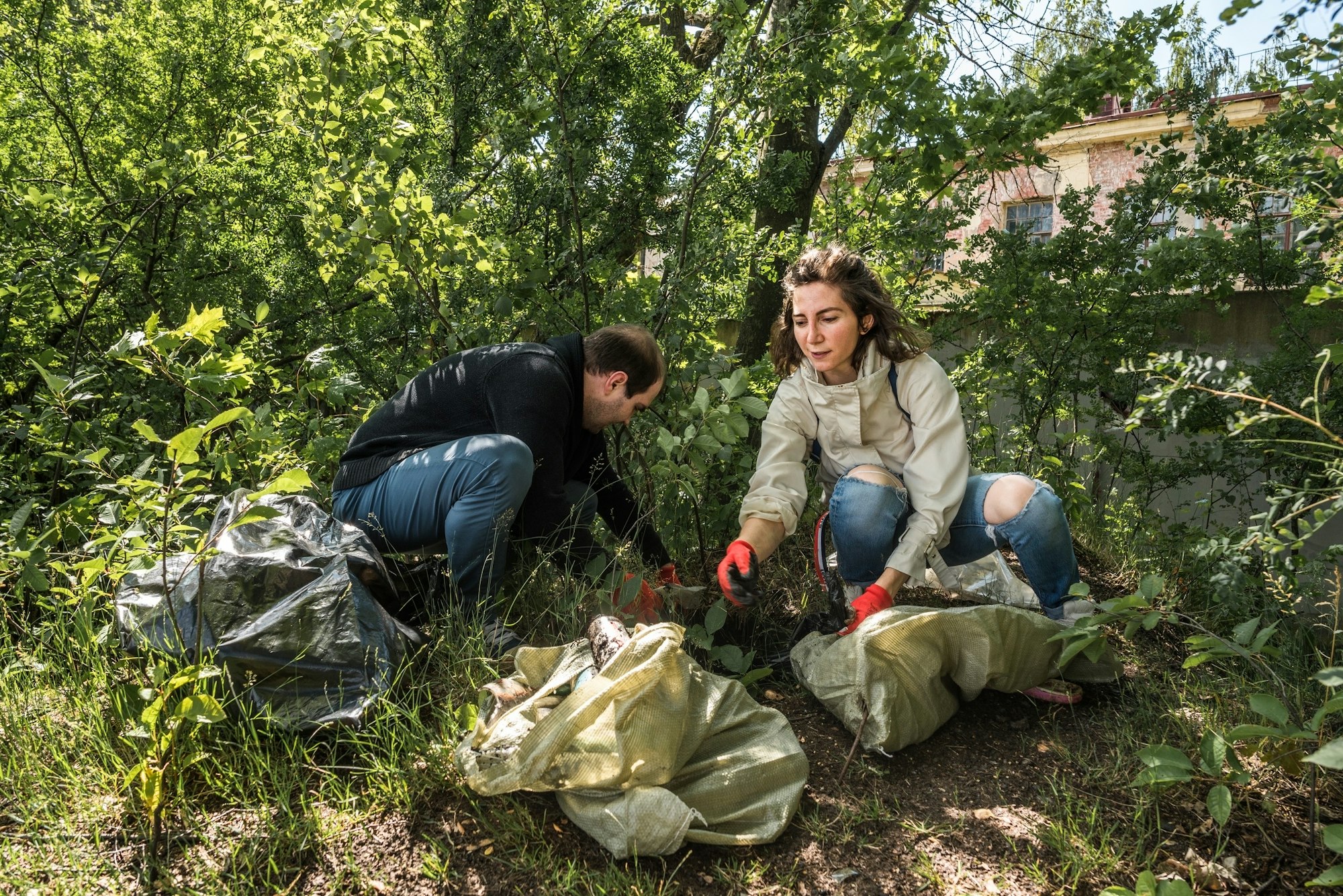In communities around the world, grassroots sustainability initiatives are driving positive change and inspiring action to create a more sustainable future for all. From urban gardens and renewable energy projects to zero-waste initiatives and community-led conservation efforts, these local initiatives are demonstrating the power of collective action and the potential for communities to lead the way towards a more sustainable and resilient future. In this guide, we’ll explore inspiring examples of community sustainability initiatives that are making a difference in their local communities and beyond.
1. Urban Gardens and Community Farms
Urban gardens and community farms are empowering communities to grow their own food, promote local food security, and reconnect with nature. Community members come together to transform vacant lots, rooftops, and unused spaces into vibrant green spaces where they can cultivate fruits, vegetables, and herbs. These initiatives not only provide access to fresh, healthy food but also promote social connection, education, and environmental stewardship.
2. Renewable Energy Cooperatives
Renewable energy cooperatives are community-owned and -operated initiatives that harness the power of renewable energy sources such as solar, wind, and hydroelectric power. By pooling resources and investing in renewable energy infrastructure, communities can generate clean, sustainable energy locally, reduce their reliance on fossil fuels, and lower energy costs. Renewable energy cooperatives empower communities to take control of their energy future and contribute to the transition to a low-carbon economy.
3. Zero-Waste Initiatives
Zero-waste initiatives aim to minimize waste generation, promote recycling and composting, and reduce the environmental impact of consumption. Community-led zero-waste initiatives educate residents about the importance of waste reduction, encourage the adoption of reusable products, and advocate for policies and programs that support waste diversion and recycling. By embracing a zero-waste lifestyle, communities can reduce pollution, conserve natural resources, and create a more sustainable and circular economy.
4. Community-Led Conservation Projects
Community-led conservation projects empower local communities to protect and restore natural habitats, preserve biodiversity, and safeguard ecosystems. These initiatives involve community members in conservation efforts such as habitat restoration, wildlife monitoring, and environmental education. By engaging communities as stewards of the land, community-led conservation projects foster a sense of ownership and responsibility for the natural world and promote long-term sustainability and resilience.
5. Sustainable Transportation Initiatives
Sustainable transportation initiatives promote alternatives to car-centric transportation systems, such as walking, cycling, public transit, and carpooling. Community-led initiatives advocate for infrastructure improvements, such as bike lanes, pedestrian-friendly streets, and public transportation networks, that make it easier and safer for residents to choose sustainable modes of transportation. By reducing reliance on fossil fuels and promoting active and sustainable transportation options, these initiatives improve air quality, reduce congestion, and enhance quality of life in communities.
Conclusion
Community sustainability initiatives demonstrate the power of grassroots action to create positive change and build more sustainable, resilient, and inclusive communities. By empowering communities to take action on issues such as food security, renewable energy, waste reduction, conservation, and sustainable transportation, these initiatives are driving transformational change from the ground up. As we look to the future, community-led sustainability initiatives will continue to play a vital role in shaping a more sustainable and equitable world for generations to come.










